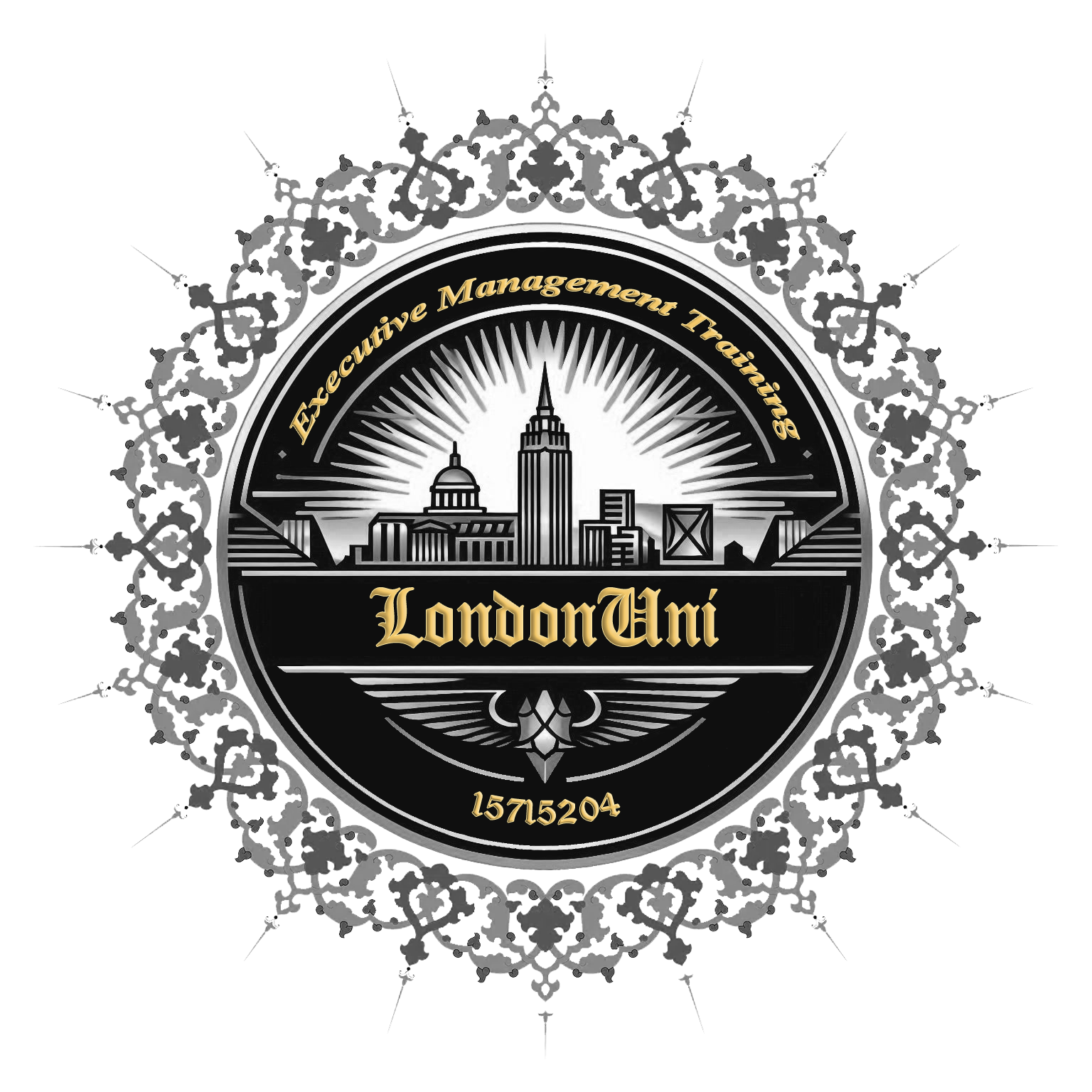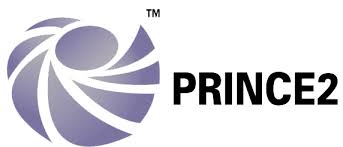
Managing Cross-Cultural Teams in Hybrid Environments
Course ID: 2507210101269ESH
Course Dates : 21/07/25 Course Duration : 5 Studying Day/s Course Location: London, UK
Language: Bilingual
Course Category: Professional and CPD Training Programs
Course Subcategories: Leadership and Management Excellence
Course Certified By: ESHub CPD & LondonUni - Executive Management Training
* Professional Training and CPD Programs
Leading to:
Executive Diploma Certificate
Leading to:
Executive Mini Masters Certificate
Leading to
Executive Masters Certificate
Certification Will Be Issued From :
From London, United Kingdom
Course Fees: £5,120.30
Vat Not Included in the price. VAT may vary depending on the country where the course or workshop is held.
Click to Pay
Date has passed please contact us Sales@e-s-hub.com
Course Information
Introduction
In an increasingly interconnected global economy, organizations are relying on cross-cultural teams to drive innovation, foster diverse perspectives, and achieve competitive advantage. The rise of hybrid work environments—where team members collaborate both remotely and in-person—has further amplified the complexity of managing such teams. This course addresses the unique challenges that arise when cultural differences intersect with the logistical and communication demands of hybrid work settings. By equipping participants with actionable strategies, this program ensures they can navigate these complexities effectively.
Cross-cultural management has long been a cornerstone of international business, drawing from seminal theories such as Hofstede’s Cultural Dimensions and Trompenaars’ Seven Dimensions of Culture. However, traditional frameworks often fall short in addressing the nuances of hybrid environments, where asynchronous communication, time zone disparities, and technological dependencies add layers of difficulty. For instance, a multinational corporation may struggle to align its teams spread across continents, leading to inefficiencies, misunderstandings, and even conflict. This course bridges the gap by integrating established cultural theories with modern hybrid work practices.
The challenges faced by leaders in this context are multifaceted. Miscommunication due to language barriers, differing work ethics, and varying interpretations of professional norms can hinder collaboration. Additionally, the absence of non-verbal cues in virtual interactions exacerbates these issues. Consider the case of a European tech startup that failed to meet project deadlines because its Indian development team interpreted feedback differently than intended. Such scenarios underscore the critical need for managers who can decode cultural subtleties while leveraging technology to build cohesive teams.
Mastering the art of managing cross-cultural teams in hybrid environments offers significant benefits. On an individual level, participants will enhance their leadership capabilities, improve interpersonal skills, and gain a deeper understanding of global dynamics. Organizations, in turn, stand to reap rewards through increased productivity, higher employee satisfaction, and stronger global partnerships. Research indicates that culturally intelligent teams outperform their counterparts by up to 30%, highlighting the tangible impact of investing in this skill set.
This course is designed to provide practical tools grounded in theory and real-world application. Participants will explore case studies like IBM’s successful transition to a globally integrated workforce and examine how companies like Airbnb have cultivated inclusive cultures despite geographical dispersion. These examples illustrate not only the potential pitfalls but also the transformative power of effective cross-cultural management.
Ultimately, this program is more than just training—it is an opportunity to redefine how we approach teamwork in a borderless world. Whether you are leading a small team or overseeing large-scale international projects, the insights gained here will empower you to create environments where diversity thrives and collaboration flourishes. By the end of the course, participants will be equipped to turn cultural and logistical challenges into opportunities for growth and innovation.
Objectives
By attending this course, participants will be able to:
Analyze the impact of cultural dimensions on team dynamics using frameworks such as Hofstede’s and Trompenaars’.
Evaluate communication barriers in hybrid environments and implement strategies to overcome them.
Design inclusive policies and practices that promote equity and engagement among remote and in-office team members.
Apply conflict resolution techniques tailored to address cross-cultural misunderstandings in virtual settings.
Develop a personalized action plan to enhance their own cultural intelligence (CQ) and leadership effectiveness.
Assess the role of technology in facilitating cross-cultural collaboration and recommend appropriate tools for specific contexts.
Synthesize best practices from industry case studies to create scalable solutions for managing global teams.
Who Should Attend?
This course is ideal for:
HR managers seeking to develop inclusive workplace policies for diverse teams.
Team leaders responsible for coordinating cross-functional or geographically dispersed groups.
Consultants advising organizations on globalization and workforce optimization.
Educators and trainers designing programs for multicultural audiences.
Professionals in these roles will find immense value in gaining the skills needed to manage cultural diversity within hybrid frameworks. While prior experience in cross-cultural settings is beneficial, the course is structured to accommodate beginners and intermediate learners alike, providing foundational knowledge alongside advanced strategies.
Training Method
• Pre-assessment
• Live group instruction
• Use of real-world examples, case studies and exercises
• Interactive participation and discussion
• Power point presentation, LCD and flip chart
• Group activities and tests
• Each participant receives a 7” Tablet containing a copy of the presentation, slides and handouts
• Post-assessment
Program Support
This program is supported by:
* Interactive discussions
* Role-play
* Case studies and highlight the techniques available to the participants.
Daily Agenda
Daily Schedule (Monday to Friday)
- 09:00 AM – 10:30 AM Technical Session 1
- 10:30 AM – 12:00 PM Technical Session 2
- 12:00 PM – 01:00 PM Technical Session 3
- 01:00 PM – 02:00 PM Lunch Break (If Applicable)
- Participants are expected to engage in guided self-study, reading, or personal reflection on the day’s content. This contributes toward the CPD accreditation and deepens conceptual understanding.
- 02:00 PM – 04:00 PM Self-Study & Reflection
Please Note:
- All training sessions are conducted from Monday to Friday, following the standard working week observed in the United Kingdom and European Union. Saturday and Sunday are official weekends and are not counted as part of the course duration.
- Coffee and refreshments are available on a floating basis throughout the morning. Participants may help themselves at their convenience to ensure an uninterrupted learning experience Provided if applicable and subject to course delivery arrangements.
- Lunch Provided if applicable and subject to course delivery arrangements.
Course Outlines
Foundations of Cross-Cultural Management
Understanding cultural dimensions and their implications for teamwork.
Exploring the evolution of hybrid work models and their impact on collaboration.
Identifying common challenges in cross-cultural communication.
Introduction to key theories: Hofstede, Trompenaars, and Hall’s Context Model.
Day 2:
Communication Strategies in Hybrid Settings
Overcoming language barriers and ensuring clarity in written and verbal exchanges.
Leveraging non-verbal cues in video conferencing and virtual meetings.
Building trust and rapport across distances and cultures.
Addressing time zone differences and scheduling conflicts.
Day 3:
Inclusion and Equity in Global Teams
Recognizing unconscious biases and their effects on decision-making.
Promoting psychological safety in multicultural teams.
Developing equitable performance evaluation systems.
Encouraging participation from underrepresented voices.
Day 4:
Conflict Resolution and Problem-Solving
Identifying sources of cross-cultural conflict in hybrid environments.
Applying mediation techniques to resolve disputes effectively.
Fostering adaptability and resilience in team members.
Creating contingency plans for high-stakes situations.
Day 5:
Technology and Future Trends
Evaluating digital tools for seamless cross-cultural collaboration.
Integrating AI and automation to support hybrid workflows.
Anticipating future trends in global workforce management.
Presenting final action plans and receiving peer feedback.



















































